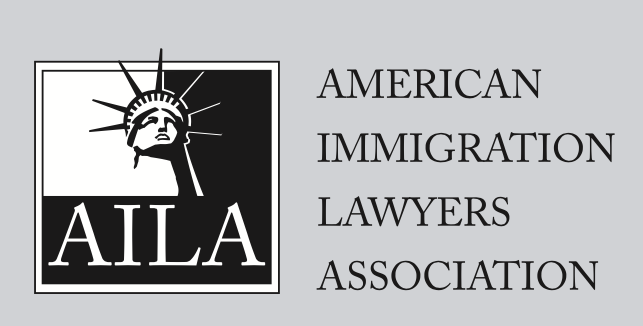By Jim GaramoneDoD News, Defense Media Activity
WASHINGTON, Oct. 13, 2017 — The Defense Department is releasing two policies that will affect foreign nationals entering the military or who are already in the military, Stephanie Miller, DoD’s chief of accessions, said today.
The changes will affect the MAVNI pilot program — the acronym stands for Military Accessions Vital to National Interest — and green card holders seeking to enter the military. A green card is a permanent residency document for the United States.
The changes place “the highest emphasis on security and suitability screening with all current and prospective service members, as well as the value of military service, in receiving U.S. citizenship,” Miller said.
One policy change is to the initial security and suitability screening for green card holders. “Effective immediately, all green card holders must complete a background investigation and receive a favorable military suitability determination prior to entering any component of the armed forces,” Miller said in an interview.
Previously, green card holders could ship to basic military training as long as background investigations were initiated. Green card holders go through the same check as American citizens.
The change will mean that green card holders entering the military may be in the delayed entry program longer than in the past, due to a backlog for security clearances at the Office of Personnel Management, OPM officials said.
The clearance procedure could take up to a year.
Qualifying Service Standard
The second change affects those in the MAVNI program and green card holders. “We’re establishing a qualifying service standard for the purposes of rendering honorable service determination for foreign nationals so they can pursue expedited U.S. citizenship,” Miller said.
All service members receive a characterization of service after serving 180 days. “In order for foreign nationals to achieve expedited citizenship on the basis of their military service, they must receive an honorable service recommendation,” Miller said. The practice of the department had been to grant that determination after “as little a few days in boot camp,” she added.
Aligning Requirement for Citizens, Noncitizens
The new policy aligns the requirement of honorable service with that for U.S. citizens. “We will not grant a characterization of service until 180 days,” Miller said. “It doesn’t make a whole lot of sense for us to wait to give a characterization of service for everybody else at 180 days, but for non-U.S. citizens, we would be granting a characterization well short of 180 days.”
So, like U.S. citizens, foreign nationals must complete basic military training and serve to 180 days for a characterization of service determination.
Those in the reserve components must finish basic military training and have one satisfactory federal year. “The individual drilled successfully, he achieved all of his points, he did his two weeks of annual training and achieved one good federal year,” Miller explained. “At that time, the department would render that person’s service as honorable, and then the department would sign the form that he would include in the information packet for U.S. Citizenship and Immigration Services.”
The department is changing these policies because some individuals received citizenship before background investigations were completed, Miller said. “We believe it is in the national interest that we need to complete the security investigation before we grant someone honorable service,” she added.
This affects some personnel in the service now who received certification before their security screenings were completed. The department is nullifying those certifications, and will recertify once the investigations are successfully completed, Miller said.






